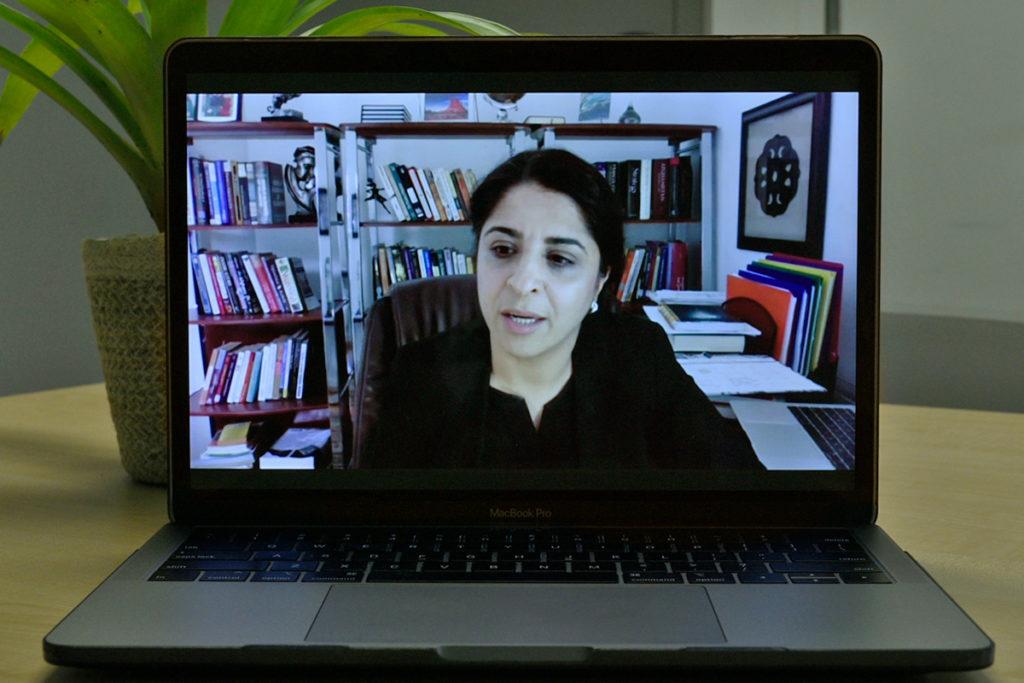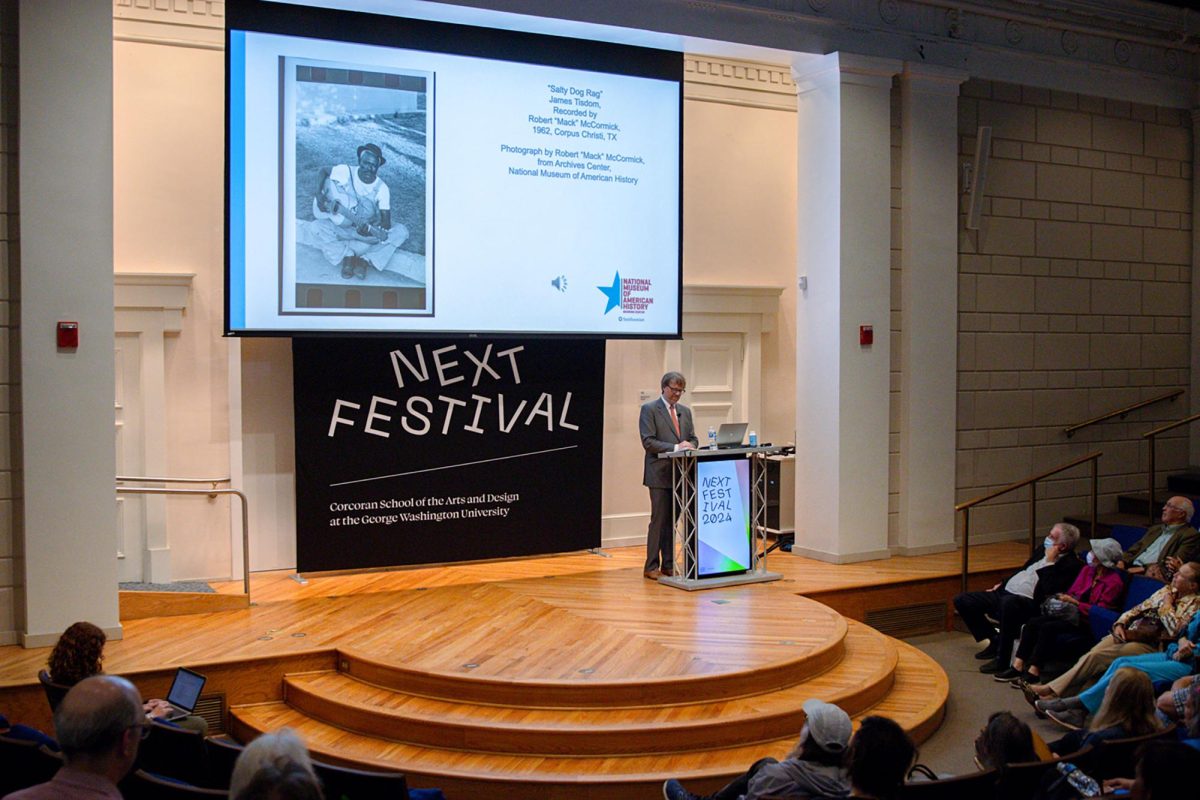Experts in Eurasian and South Asian foreign policy discussed the impact of America’s recent military retreat from Afghanistan last Thursday.
Two professors from the Elliott School of International Affairs, a professorial lecturer and a former U.S. ambassador to Afghanistan covered topics like the United States’ responsibilities toward Afghanistan, the future of Asian politics and ongoing humanitarian work to support incoming Afghan refugees. Elliott School Dean Alyssa Ayres moderated the panel, which was hosted by the Sigur Center of Asian Studies.
Benjamin Hopkins, the director of the Sigur Center, said the United States’ withdrawal from Afghanistan, which fell to Taliban control last month, serves as a “failure” of American policymakers and high-level politicians. He said these officials failed the Afghan citizens who have become the “primary victims” of the United States’ attempts to end the 20-year war in Afghanistan.
“It’s a failure of that political class to the American electorate and American citizens who also hold some responsibility for this because we are a democratic society, and at some point in time, the electorate is responsible for the decisions we make,” he said.
Ronald Neumann, a former U.S. ambassador to Afghanistan, said the current situation in Afghanistan is going to be a long, complex and “highly confusing” period of time because anything could happen while U.S. politicians lack information about the nation. He said the transition from the Trump administration’s consultation on the Afghan conflict to the Biden administration’s “false” consultation has made it easier to criticize both Biden and the federal government in general.
“The criticism may be justified, but it’s interesting to observe how they conflict with each other, not so much incorrectness, but in where they lead you,” Neumann said.
Hopkins said it’s worth paying attention to China and Pakistan, who both have potential economic investments and political ties with Afghanistan. He said the Taliban does not perceive Pakistan in a friendly manner, despite previous Pakistani influence on the Taliban’s success.
He added that India serves as another South Asian country with an interest in Afghanistan, recently evacuating a group of refugees.
“India, despite the fact of that evacuation, also continues to have strategic and indeed economic and political interest in Afghanistan,” Hopkins said. “But it’s unclear if it has the opportunity to pursue or secure those interests moving forward.
Marlene Laurelle, the director of the Institute for European, Russian and Eurasian Studies, said Russian engagement with the Taliban and the country’s historic competition with the U.S. and its Afghan relations combine to form the Russian perspective toward Afghanistan. She attributed Russia’s acceptance of the Taliban to two factors – militants will fight against ISIS and will “restrain” themselves from crossing the border into former Soviet Union states and Central Asian countries, where Russia has reinforced containment and military strategies.
“Russia finds itself relatively in good shape in the situation today,” Laurelle said.
Nilofar Sakhi, the director of policy and diplomacy at McColm & Company and an Elliott professorial lecturer, said the international community needs a system or government that it can trust to coordinate and send money to Afghan refugees. She said another layer to the humanitarian crisis lies within the movement of refugees as they arrive in countries like Albania or the United States, where basic necessities like food and shelter will be necessary but difficult to provide.
“At this time, we don’t see a lot of crisis happening here in the U.S., but it’s predicted that a lot is going to come in terms of housing and basic necessities to this large number of people who will arrive in the United States and the next few days or more,” she said.








